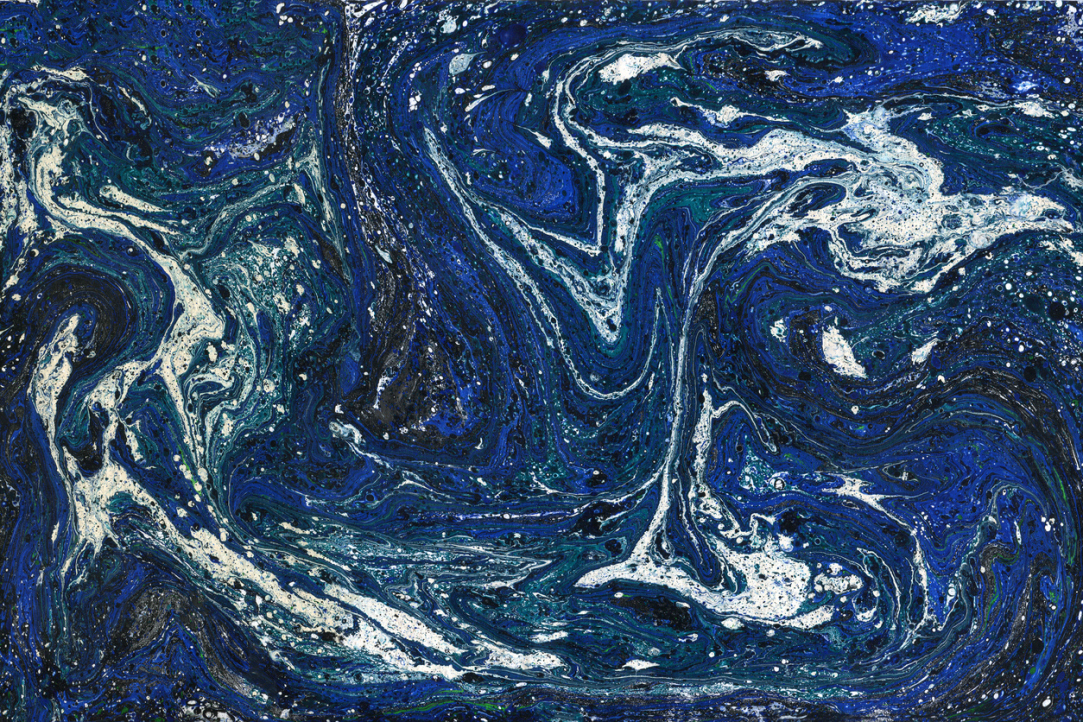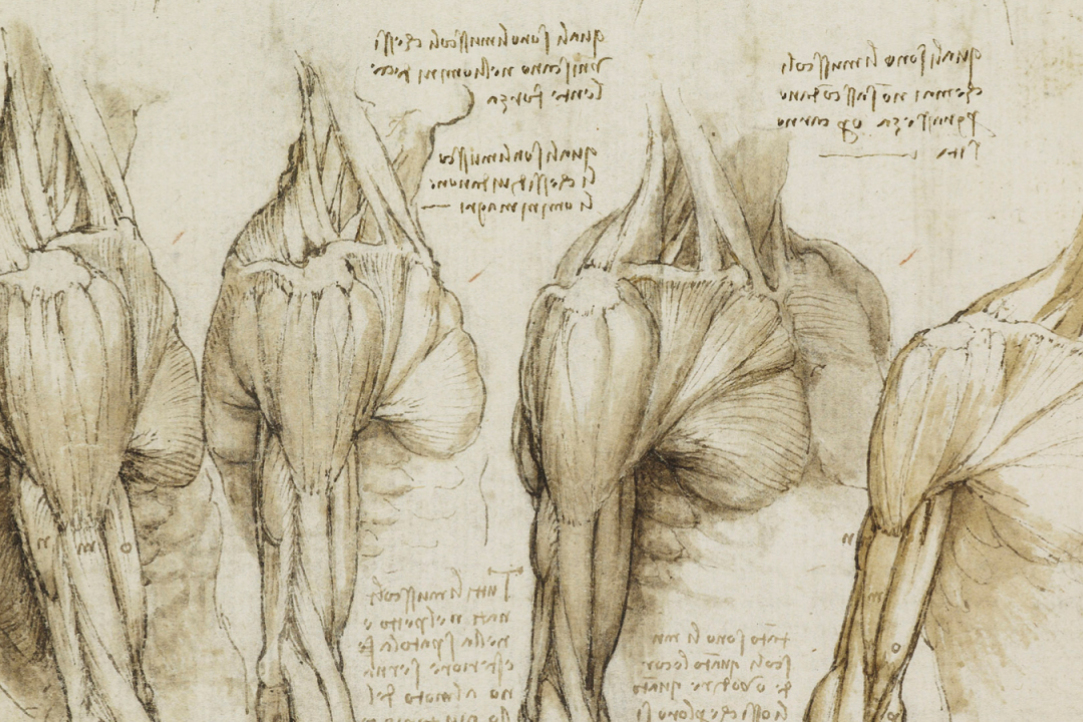News
On April 9, the XX April International Academic Conference on Economic and Social Development kicked off at HSE University. Since its inception, it has become Russia’s biggest academic and expert platform in the social sciences and economics, as well as an important international event that attracts researchers from all over the globe each year. Fuad Aleskerov and Andrey Yakovlev, members of the Conference Programme Committee, spoke with the HSE News Service about the results achieved over the past 20 years, relevant topics, and plans for the future.
The President of the Russian Federation welcomes participants and guests to the XX April International Academic Conference on Economic and Social Development.

On April 2, Zbigniew Wojnowski discussed how late Soviet economic reforms affected East European cultural networks in a talk on pop music from stagnation to perestroika. His talk showed how the history of popular music provides a rich prism for understanding the last decades of state socialism and the advent of capitalism.
The marriage rate goes through both seasonal and annual fluctuations. In many countries, fewer people marry during leap years. Demographer Eugeny Soroko analysed this phenomenon in a report prepared for the XX International Academic Conference on Economic and Social Development hosted by the Higher School of Economics.

Professor Carl Fey from Aalto University has been invited to speak at the 20th Annual April International Academic Conference at HSE Moscow. In his talk, entitled ‘Facilitating Innovation in Companies in Russia: The Role of Organizational Culture’, Professor Fey will present research that he has been conducting with his colleagues on the relationship between organizational culture and innovation.
.jpg)
Today, we have moved from the political concept of panem et circenses (bread and circuses) to keep the masses happy to the dangers of culture driven by spectacle and politics driven by algorithms. Post-war theoreticians of the crowd had personal experience of fascism, and today contemporary artists are attempting to address similar problems. During the XX April International Academic Conference on Economic and Social Development, scheduled this year for April 9-12 at the Higher School of Economics, Sarah Wilson, Professor of Modern and Contemporary Art at the Courtauld Institute of Art, University of London, will explore some of these issues in her presentation 'Culture and Emigration, Crowds and Power.'
